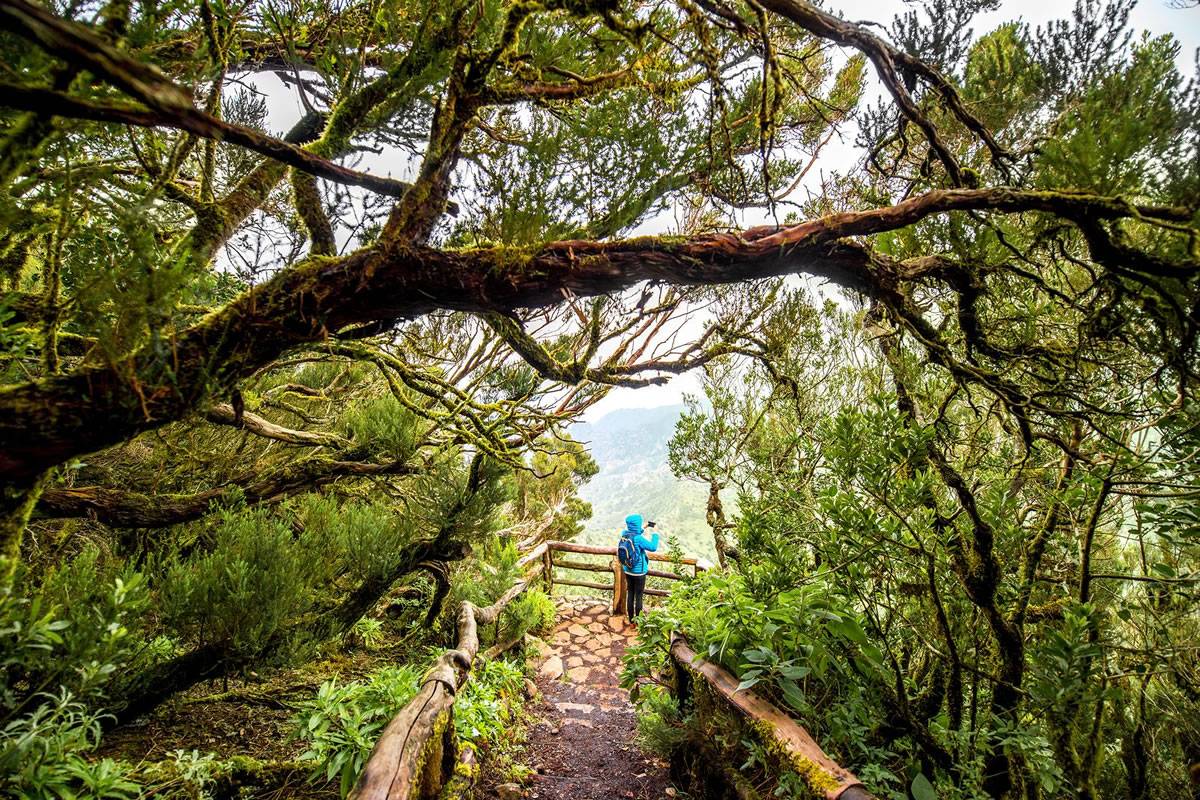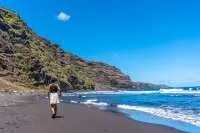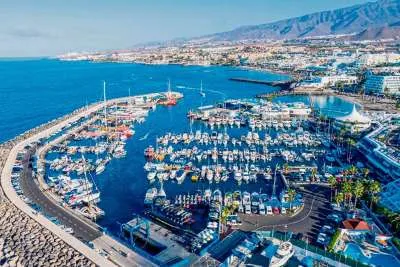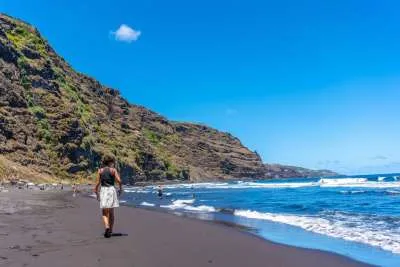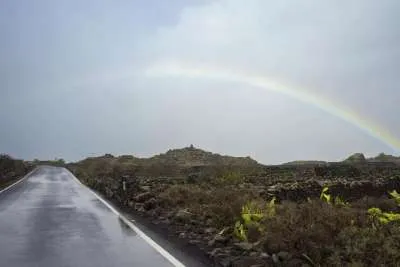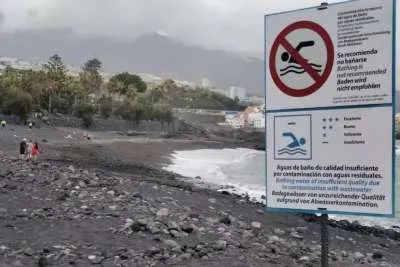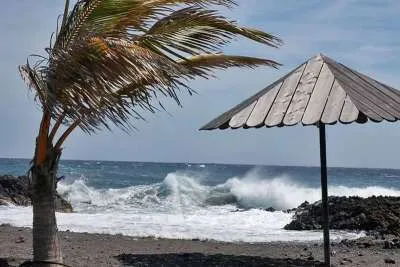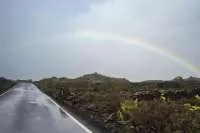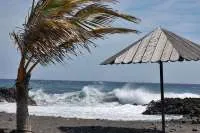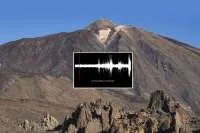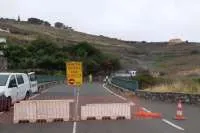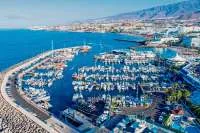Biodiversity in the Canary Islands: A study resource for environmental science students
- 25-07-2023
- Travel
- Canarian Weekly
The study of biodiversity involves more than just cataloging the myriad forms of life on Earth. It’s an intricate discipline that allows us to understand the interconnectedness of life and the crucial role each organism plays in the stability of ecosystems. The Canary Islands offer an excellent case study of biodiversity. They host an array of unique habitats due to their geographical location, volcanic origin, and varying climates.
For Environmental Science students, the rich biodiversity of the Canary Islands can serve as an immersive living laboratory. However, while you’re absorbed in studying the astonishing species diversity and ecosystem dynamics, remember there are professional essay writers who can do my papers, helping to manage your academic workload effectively. By engaging with the Canary Islands’ rich biodiversity, you can wholly immerse yourself in your love for nature and exploration.
Biodiversity Hotspot: The Canary Flora and Fauna.
The Canary Islands boast a remarkable level of biodiversity, hosting a wealth of endemic species. These unique species range from minuscule invertebrates to standout plant species such as the iconic Canary Dragon Tree (Dracaena Draco). The islands’ isolation and varied microclimates have created distinct ecological zones that contribute to this unique biodiversity.
The varied fauna of the Canary Islands is also noteworthy. The islands are home to rare bird species like the Canary Islands Stonechat and Laurel Pigeon. Additionally, the surrounding ocean abounds with marine life, including diverse species of dolphins, whales, and fish. Studying the Canary fauna provides invaluable insights into evolutionary biology, adaptation, and species conservation.
Ecosystems of the Canary Islands: A Variety of Biomes.
The Canary Islands showcase an array of ecosystems, from arid deserts to lush laurel forests, offering a range of research opportunities for students. The island of Lanzarote, for instance, is characterized by dramatic volcanic landscapes and xerophytic vegetation. In contrast, the Garajonay National Park on La Gomera houses a primeval laurel forest enveloped in perpetual mist.
By studying these diverse ecosystems, students can gain a comprehensive understanding of ecological principles and processes, such as nutrient cycling, energy flow, and succession. Additionally, these habitats offer a real-world context to study pressing environmental issues like climate change, habitat degradation, and invasive species.
Impact of Climate Change: A Canary Perspective.
Like numerous other regions rich in biodiversity, the Canary Islands grapple with the immediate threats posed by climate change. Alterations in climatic patterns, including rising temperatures, shifting precipitation trends, and increased occurrence of extreme weather events, contribute to the significant climate-driven transformations impacting the ecosystems of the islands.
These changes affect both terrestrial and marine life in the Canary Islands. From altering the distribution and behaviour of species to impacting their reproductive cycles and inter-species interactions, the effects of climate change can be far-reaching. For Environmental Science students, this presents an invaluable opportunity to delve into and comprehend the intricate impacts of climate change on biodiversity and ecosystems.
As future environmental stewards, students can also explore the various adaptation and mitigation strategies employed to combat climate change in the Canary Islands. These range from enhancing the resilience of ecosystems to implementing renewable energy projects, providing a holistic understanding of climate action.
Conservation Efforts: Lessons in Sustainability.
Despite their abundant biodiversity, the Canary Islands confront several conservation issues, such as the destruction of habitats, excessive tourism, and the introduction of alien species. Nonetheless, significant conservation measures have been initiated to protect the unique biodiversity of the islands. These include establishing protected areas, enforcing sustainable tourism practices, and implementing programs to control and eradicate invasive species.
For students studying conservation biology or environmental management, the Canary Islands offer valuable lessons in balancing development with biodiversity conservation. These efforts underscore the importance of multidisciplinary approaches in conservation and offer practical insights into policy-making, community engagement, and sustainable practices.
The Canary Islands as an Educational Resource: Field Studies and Research Opportunities.
The Canary Islands’ biodiversity is not just an ecological treasure but also an excellent educational resource. Many colleges and universities offer field study programs in the Canary Islands, providing students with hands-on experience in ecological research, conservation studies, and environmental management.
These field studies often involve identifying and cataloging species, assessing habitat health, conducting ecological surveys, and participating in conservation initiatives. Such firsthand experience can be instrumental in reinforcing classroom learning and fostering a deeper understanding of environmental science concepts.
Furthermore, the islands offer numerous research opportunities for both undergraduate and postgraduate students. From studying the adaptations of endemic species to understanding the impacts of tourism on local ecosystems, the possibilities for environmental research in the Canary Islands are as diverse as the islands themselves. These research opportunities not only enrich students’ academic experience but also contribute to the broader scientific understanding of the island’s unique biodiversity.
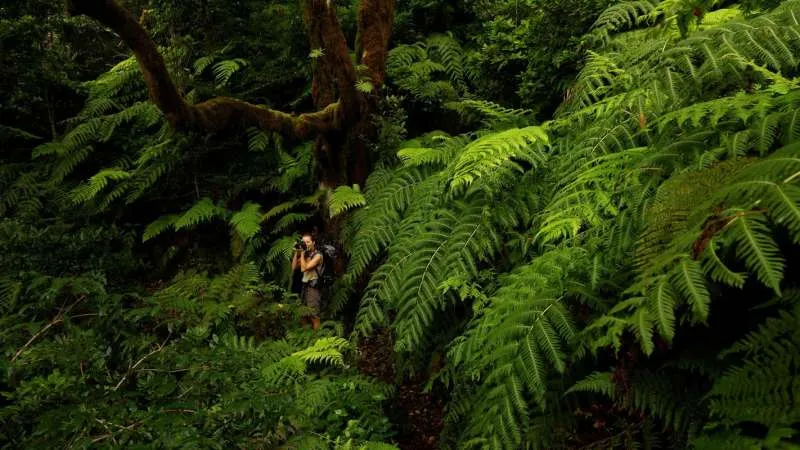
In conclusion, the Canary Islands, with their rich biodiversity and varied ecosystems, present an exciting and enriching study resource for Environmental Science students. They serve as a real-world laboratory where students can observe ecological and evolutionary processes in action, study unique species and habitats, and learn about conservation strategies and their implementation.
So, whether you’re an environmental science student or simply a nature enthusiast, explore the biodiverse wonders of the Canary Islands. Amidst your academic engagements, remember the best assignment services are there to lend you a helping hand, providing high-quality academic support that can help you balance your studies and passion for exploring the natural world.
Other articles that may interest you...
Trending
Most Read Articles
Featured Videos
TributoFest: Michael Buble promo 14.02.2026
- 30-01-2026
TEAs 2025 Highlights
- 17-11-2025


